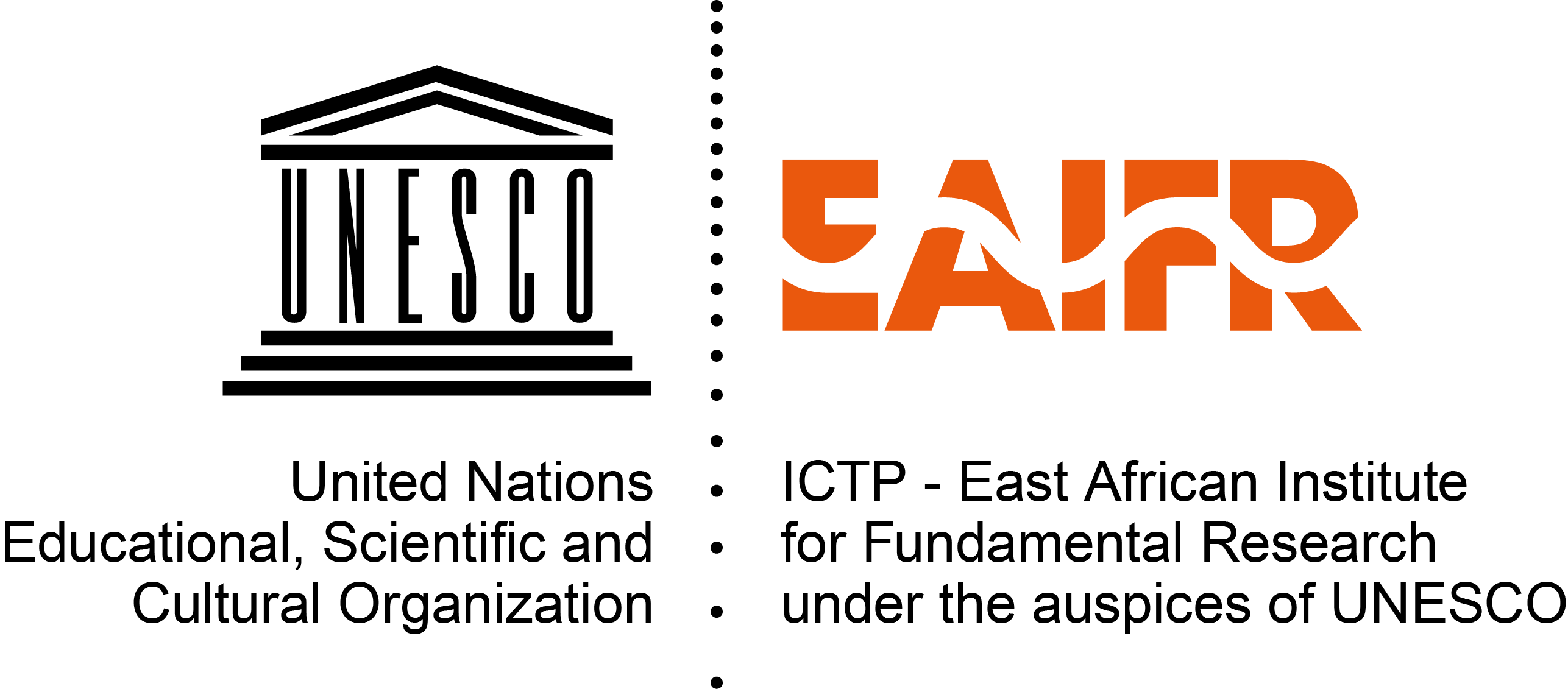ICTP-East African Institute for Fundamental Research
KIST2 Building CST
Nyarugenge Campus
University of Rwanda
Kigali, Rwanda
Defects in Crystals
An intense 5-day school will be conducted at the ICTP-EAIFR premises of the University of Rwanda, Kigali in order to introduce participants to defects in crystals.
18 November – 22 November, 2019
University of Rwanda, Kigali, Rwanda
Background and purpose
By intentionally creating defects in materials, we can tune/change their properties. For example, by adding zincto copper (“alloying”), we create brass which is stronger and harder than copper; ruby andsapphire are both aluminum oxide but look very differentbecause theycontain different impurity defects. Understanding defectscan help us increating novel useful materials. An intense 5-day schoolwill be conducted at the ICTP-EAIFR premises of the University of Rwanda, Kigaliin orderto introduce participants todefectsin crystals. The schoolwill consist of morning lectures and problems, combined with afternoon hands-on sessionsto calculate defect properties using standard freely available codes. The students will learn to understand the route from quantities that can be calculated at the atomic scale, using variants ofKohn-Sham density functional theory or interatomic potentials, to measurable thermodynamic properties.
Instructors:
Prof. Michael Finnis (Imperial College)
Dr. Thomas Mellan (Imperial College)
Topics to becovered:
1) Thermodynamics of Interfaces
- Definition of interface (or surface)free energy
- Interface excess quantities and the Gibbs adsorption equation (1,2 and more components; 1 or 2 phases).
- The gamma surface and the Wulff and Winterbottom constructions for crystal and precipitate morphology
2) Atomistic structure of interfaces and computation of properties
- Coincident site lattice,“Displacement Shift Complete”(DSC) lattice, periodic boundary conditions.
- The distinction between surface energy and surface tension (or surface stress)
- Effect of lattice vibrations
3) Point defects
- Formation energies and concentrations of vacancies in elements and ordered compounds (theory and computation).
- Effect on phase diagrams
- Case studies: NiAl and ZrC-Segregation to interfaces
Participation Information
University lecturers in solid state physics, solid state chemistry, materials science and related fields,as well as advanced post-graduate students(masters and doctoral levels)are encouraged to apply. Women candidatesare strongly encouraged toapply.Selection of participants will be based on their technical background.Priority will be given to applicants whowill be presenting posters oftheir current work.There is no registration fee.A limited number of grants are available to support attendance of some selected participants.
To apply, send your CV to: workshop20191118@eaifr.org
and fill the form here: https://forms.gle/bRqugaQngpcfPxz99
Deadline for application: October 22, 2019
For further information contact: info@eaifr.org or workshop20191118@eaifr.org



